
To Be Read is a column where I share the books, threads, and other thing I can’t wait to get into but haven’t read just yet. Check it out below.
Reading is one of the most important parts of my writing practice. Without the billions, trillions of words found in books, magazines, essays, articles, works of art, wall & hang tags, logos, movie credits, closed captions, subtitles, pamphlets, packages, labels on hair & beauty products, and Dr. Bronners bottles of Castille soap I wouldn’t really be able to show up as a writer. I wish in my earlier years of jotting down thoughts on the margins of sign-up sheets while I toiled away at my non-profit jobs that I knew this was a critical part of myself. For as long as I can remember I wanted to write for a living but didn’t know a way in nor did I have a register for how to muster up the stamina it takes to do so.
I was in the dark about who I was, what I wanted to do and how the two could come together, for a long part of my early adulthood. It didn’t occur to me to connect the excitement I felt whenever I read womanist/Black feminist prose. I didn’t know that I was smothering an impulse within myself to create when I would read speculative, afro futurist text. I for sure didn’t know what to do with the sense of elation I felt electrifying my body when I walked into a book store – didn’t know those sensations could travel directly to the page.
There used to be quite a few black owned shoppes in the Alphabet City of my NYC youth. The history of Black Americans in that part of the City has been obscured in large part because of the normalization of anti-Black sentiment that lends itself to historical memory and storytelling. I still remember, though, the last traces of that presence, even if through commerce. As a kid afterschool, or on the weekends my mother would take me to bookstores. There used to be so many in walking distance from our house. In particular there was one book seller on Avenue B, which now (thankfully) houses a community-based organization, GOLES; its mission preserving public and low income housing and it’s residents. I sat in that storefront, decades later working in service of my neighborhood as a community organizer, time collapsing around me whenever I thought about the uses of space since it’s construction in 1900.
The Black woman who owned the store – the image of her lives only in my mind’s eye but she was, at least in my opaque recollection, Afrocentric, dark skinned, with a short dark kinky fro, and a curiously welcoming smile. There’s little about the store’s design that I can recall, but I do remember it was Black-owned and remember that being something important, and that there was a selection of books for early readers like my single-digit-aged self that featured Black children as protagonists.
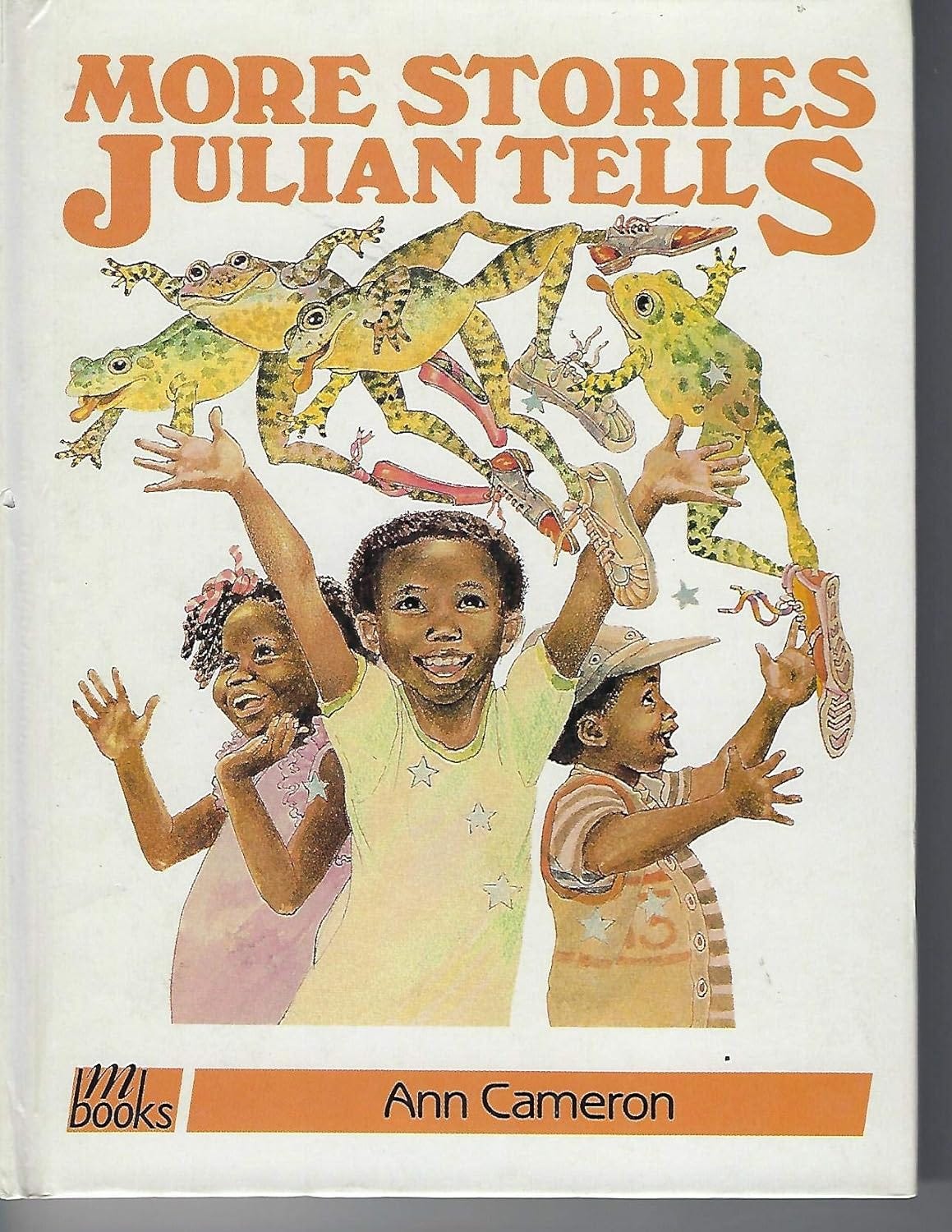
The first book I remember choosing for myself was “More Stories Julian Tells.” The book, and it’s series “follow the adventures of children in middle-class African-American families,” according to its white author, Ann Cameron. I doubt my mother who encouraged my engaging with books and toys that were somewhat representative of our heritage knew of the author’s racial background, it’s a bit jarring to think about that fact myself. In any case, the book was about a young boy who relishes in his imagination – and I cannot help but think that this experience in bookstores and reading books about kids that looked like me; engaging in storytelling, fantasy and dreaming had an influence on how I would come to think of myself. This moment affirms the childlike tendency I follow now whenever I read something I enjoy (or challenging) that encourages me to use my voice. I’m appreciative of that book seller for being there, and for offering me a chance to see myself.
This edition of To Be Read includes my latest book haul from some of my favorite booksellers.
Pre-orders I Bought Because I Like The Covers - Despite Being Unsure of What’s Inside
Reparations Club is a haven. I often get books on pre-order from the Black Woman Owned and run Los Angeles based concept bookshop, because they do a great job of featuring the works before they hit the shelves. Pre-order’s excite me, it makes me feel like I’m in on a secret and I love the ease in which I can curate my future reading. Since I don’t live in LA, I order online!
Books I Bought Because They Were Recommended…By My Therapist
Bookshop and Bluestockings are my other go-to’s for ordering new releases and books that are at least new to me. I love Bookshop because you can select a local bookstore or in my case organization (The Free Black Woman’s Library) and a percentage of proceeds go directly to the seller and not to a billionaire. Bluestockings was a place of refuge as a queer youth, where I could secretly be nerdy and bookish and has been a worker-owned cooperative since 2021, often they sell radical texts. Both of these books were recommended to me by my therapist in response to my wish to be an abolitionist, not only in rhetoric but in study (and praxis).
Speaking of abolition…
Here are some links I’ve curated from my web browser’s robust and very random reading list on the subject (very obviously stanning Mariame Kaba).
How Much Discomfort Is the Whole World Worth?
Reimagining the Commons Is One Step Toward a Future Without Police
Abolition Unfolds One Community at a Time
Listen: Hope Is a Discipline: Mariame Kaba On Dismantling The Carceral State
Anti-Racism Educator & Author of My Grandmother’s Hands Resmaa Menakem: What Somatic Abolitionism Is
A couple of brilliant writer’s have joined Substack, and have deservedly captured my attention and I would recommend them (because I’m obsessed and the writing is really good, and as such you should subscribe and financially support these innovative thinkers).
Extracurricular by Tembe Denton-Hurst
Toxic Femininity by Amber J. Phillips
A FREE E-book That Helped Me Sharpen My Perspective
Verso Books is a fabulous resource for insightful, critical, academic books. In the face of the ongoing genoc*de in 🍉, they have offered many canonical texts, that offer context and an accurate history. This free e-book, “Ten Myths About Isra*l,” by Isr*eli activist and historian Ilan Pappe, can be downloaded here.
I’ve so many other books in the queue but I’ll save that for another post. Thanks for reading and if you’ve made it this far comment with the books in your online shopping carts or wishlists, or a pre-order you’re thirsting for, or an indie book seller you just love, or a book in your TBR or just a few 📚📚📚 to let me know you care.
If you like this essay you can check out others from the series of To Be Read here:


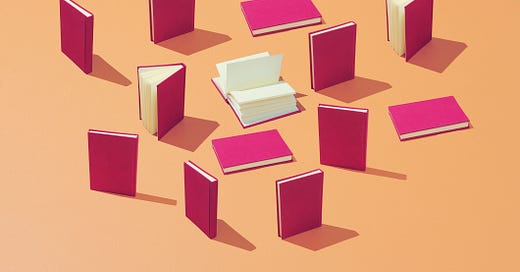


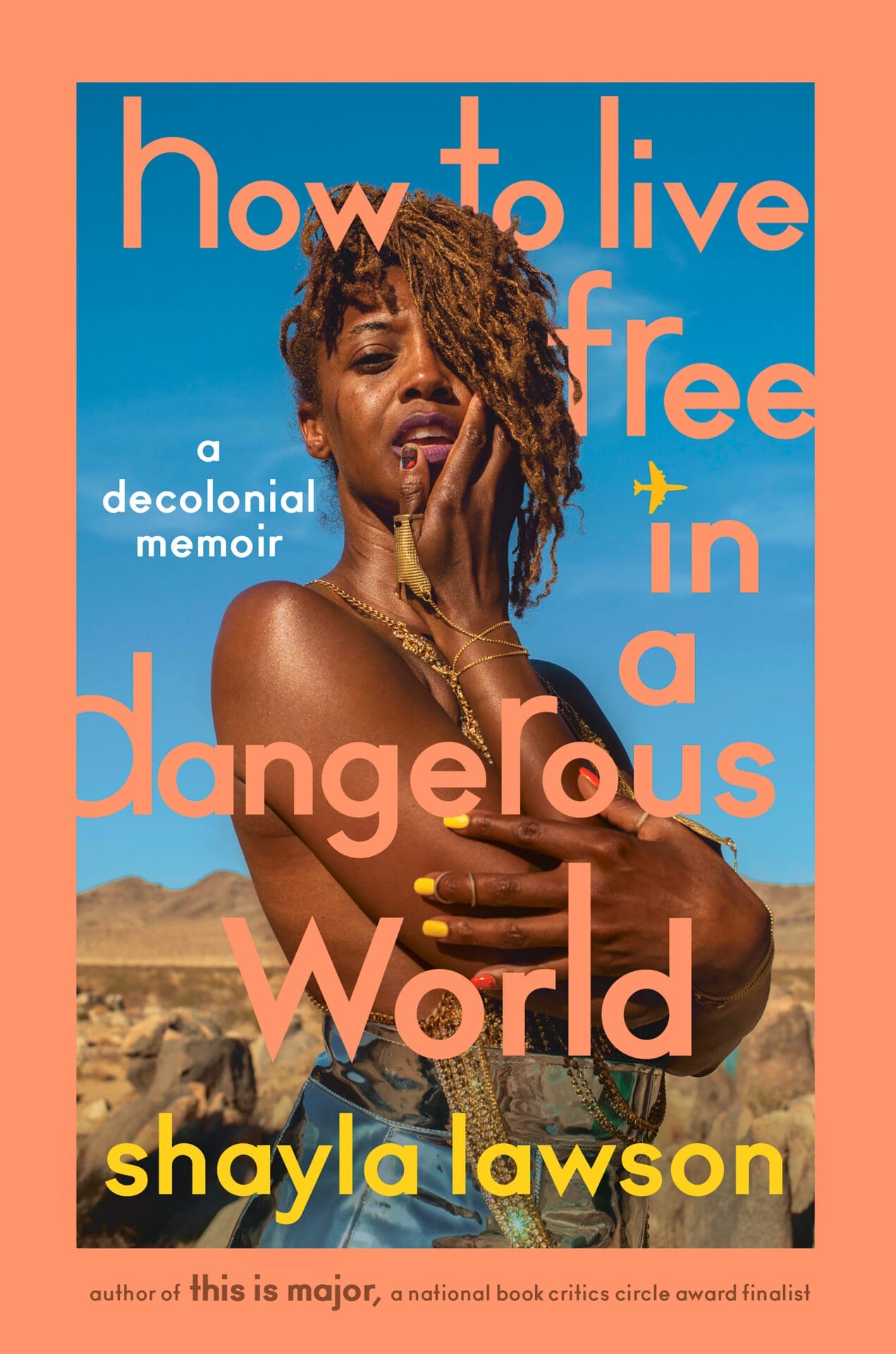
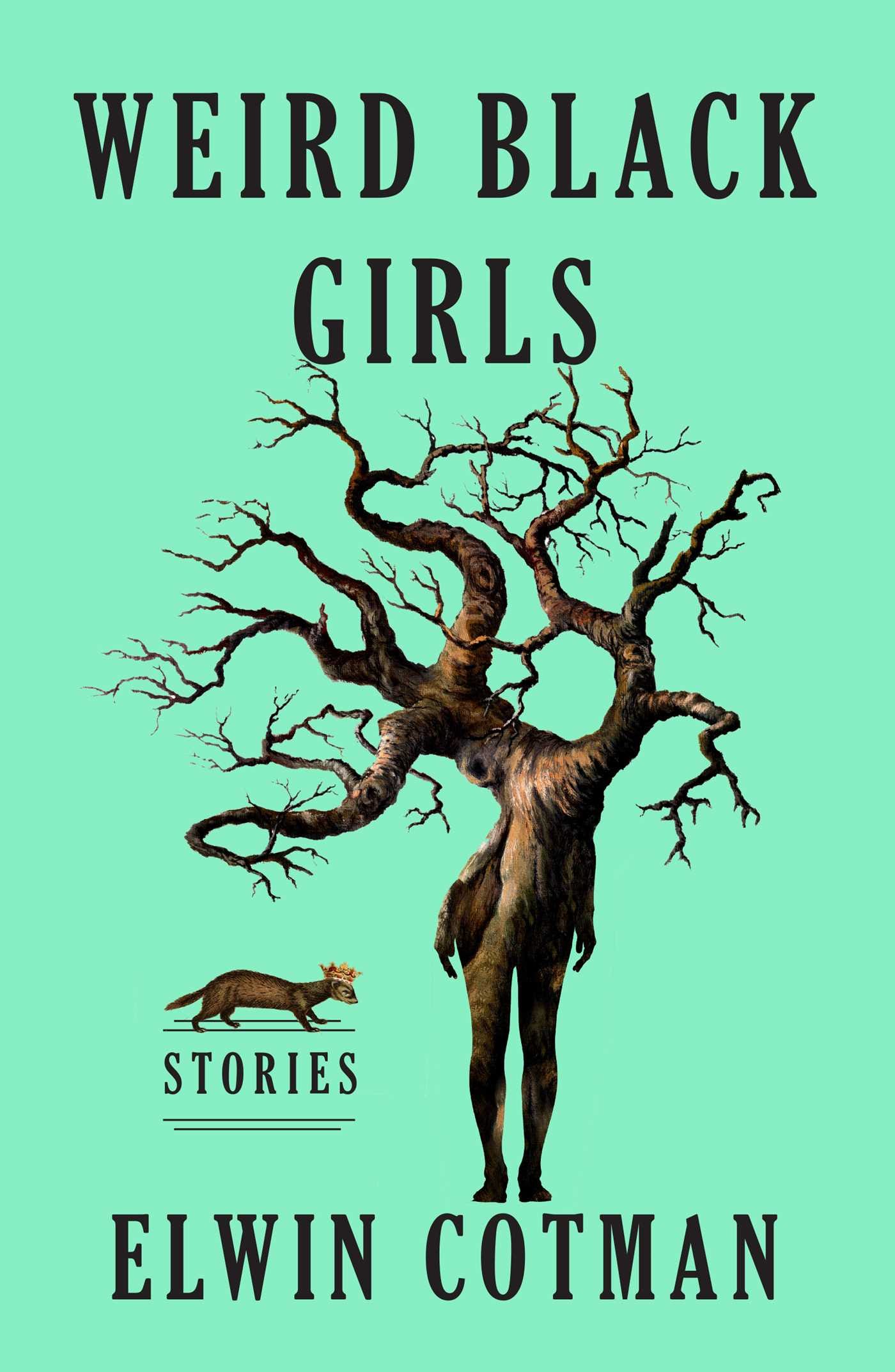
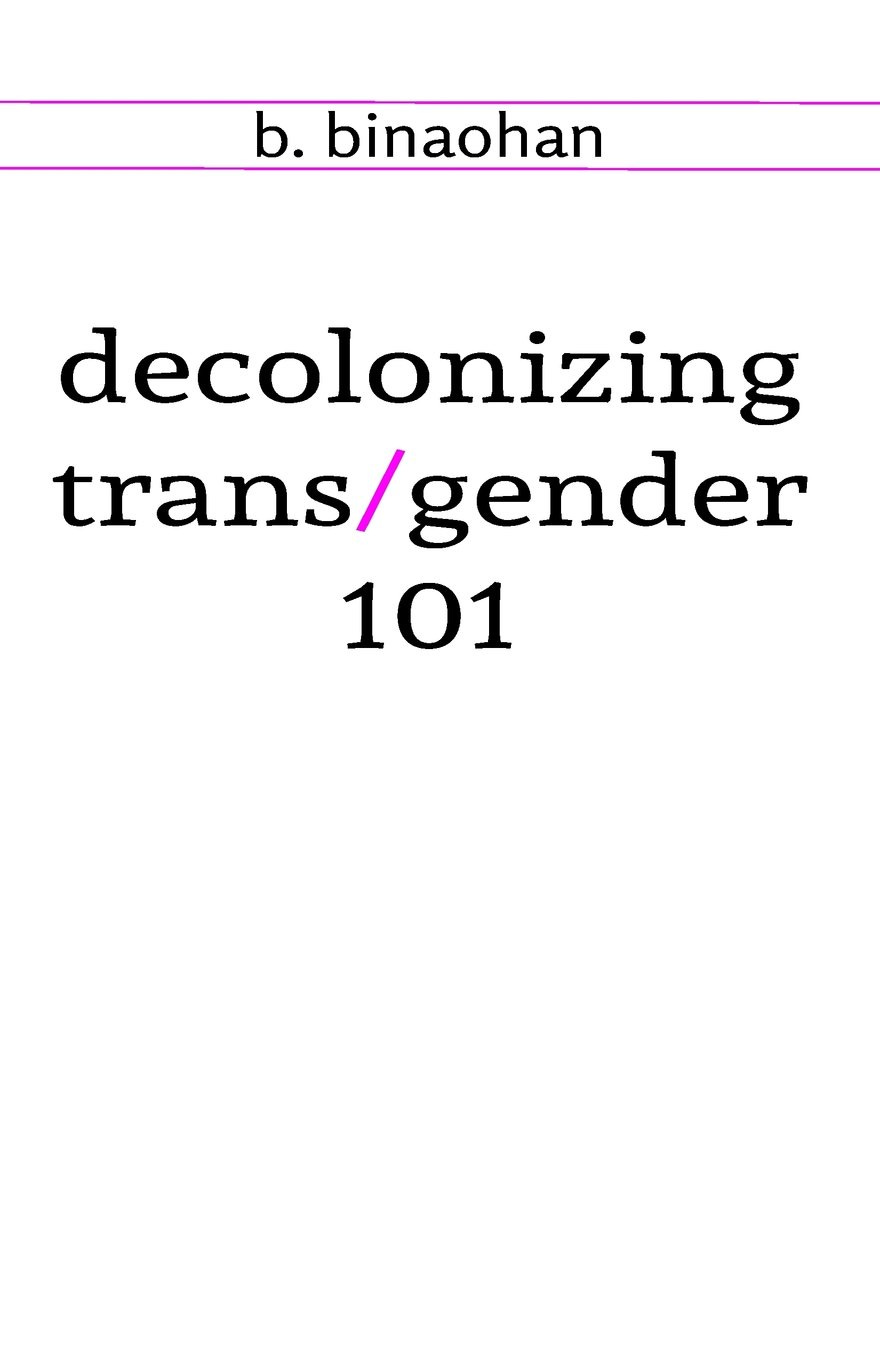
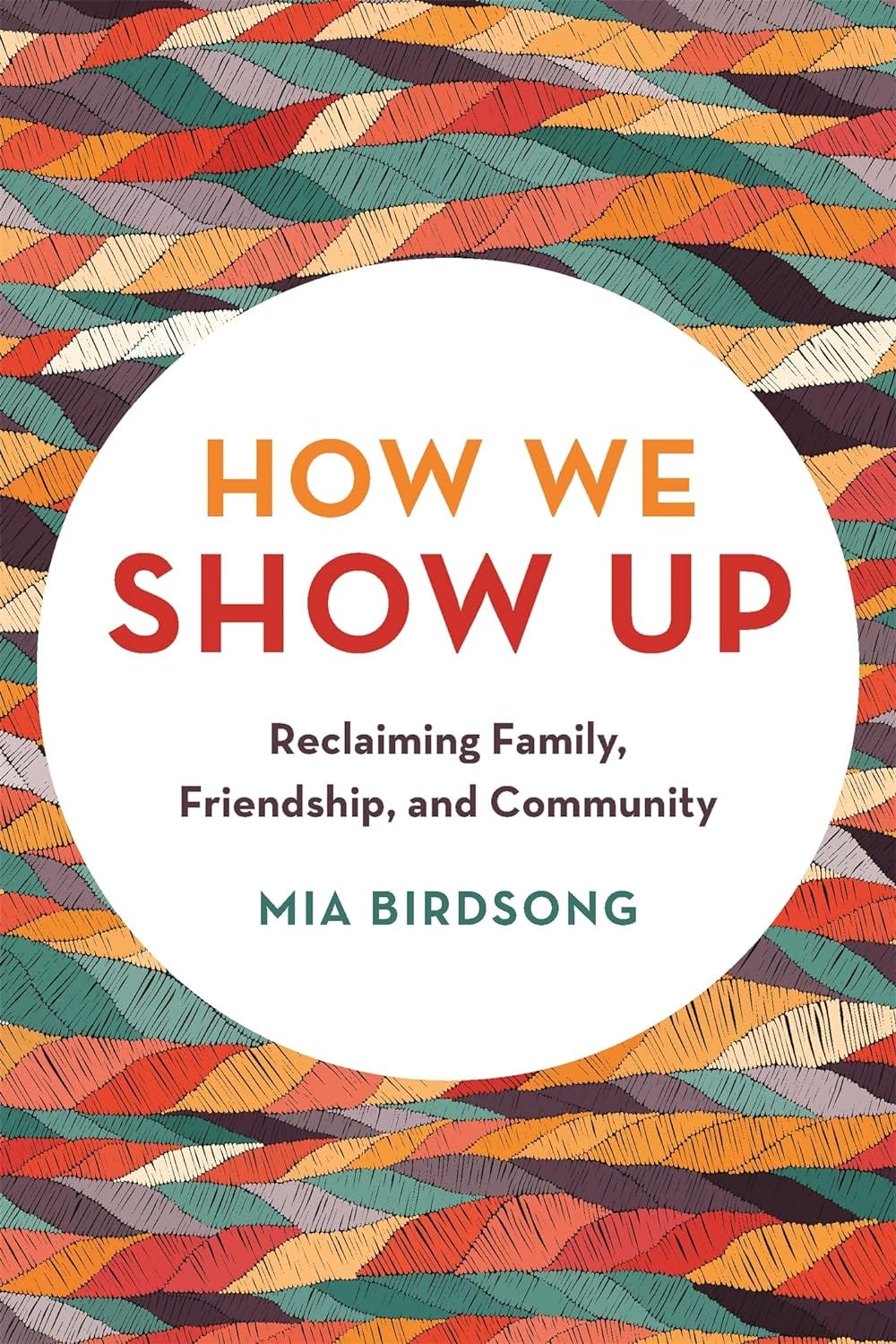
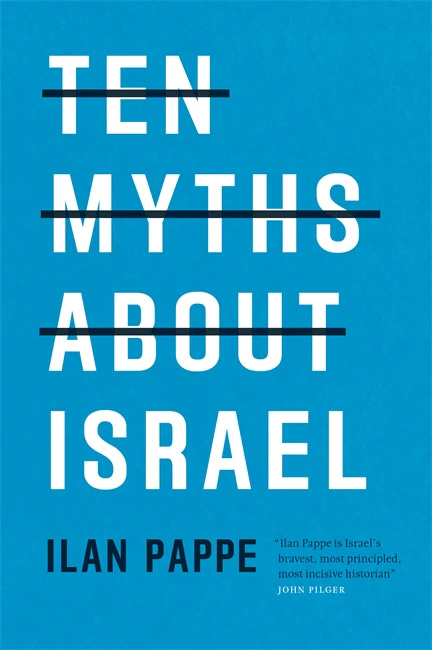
So I distinctly remember from my own childhood in the early 00s black authored book festivals in Brooklyn that my mom would drive around to. She was on a mission that my picture books be super diverse and those formative book years can really shape your relationship to books. But love this list and added a few to mine !!
Such a good article! 📚📚📚